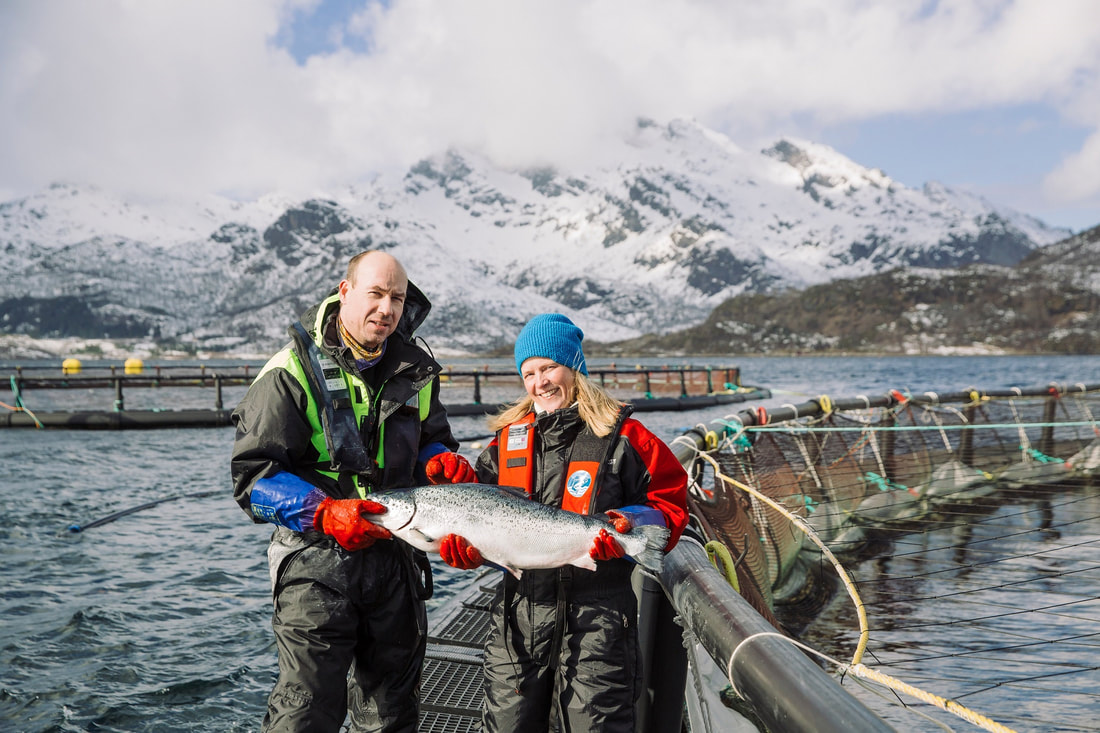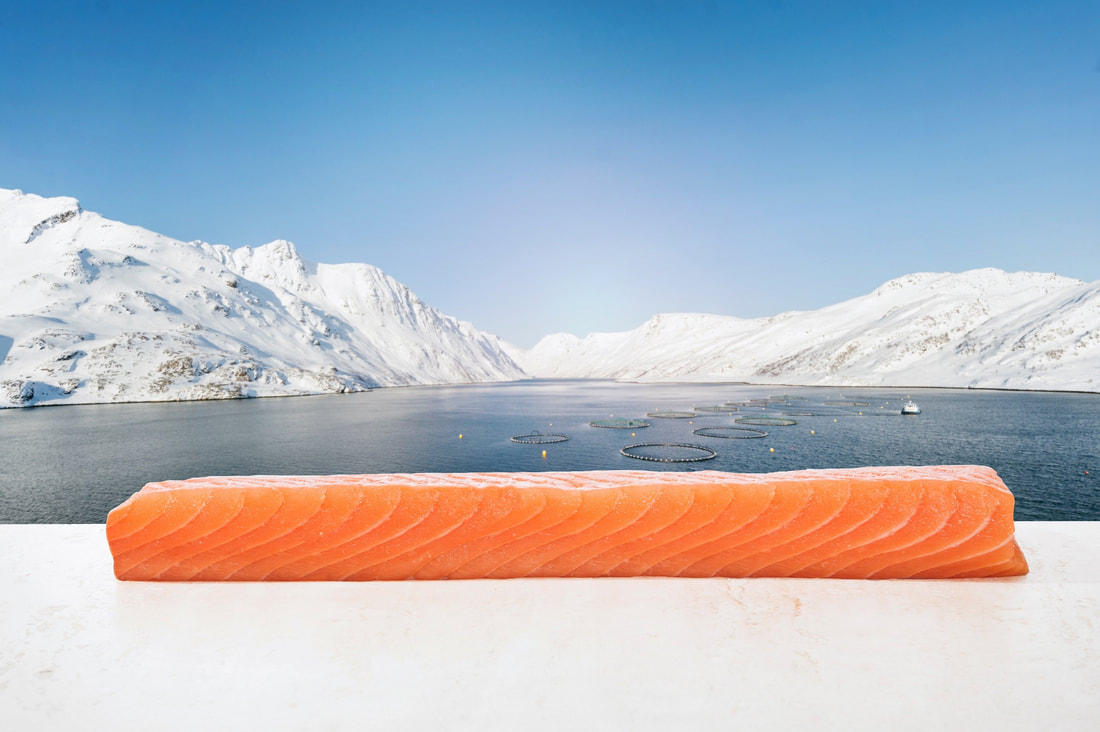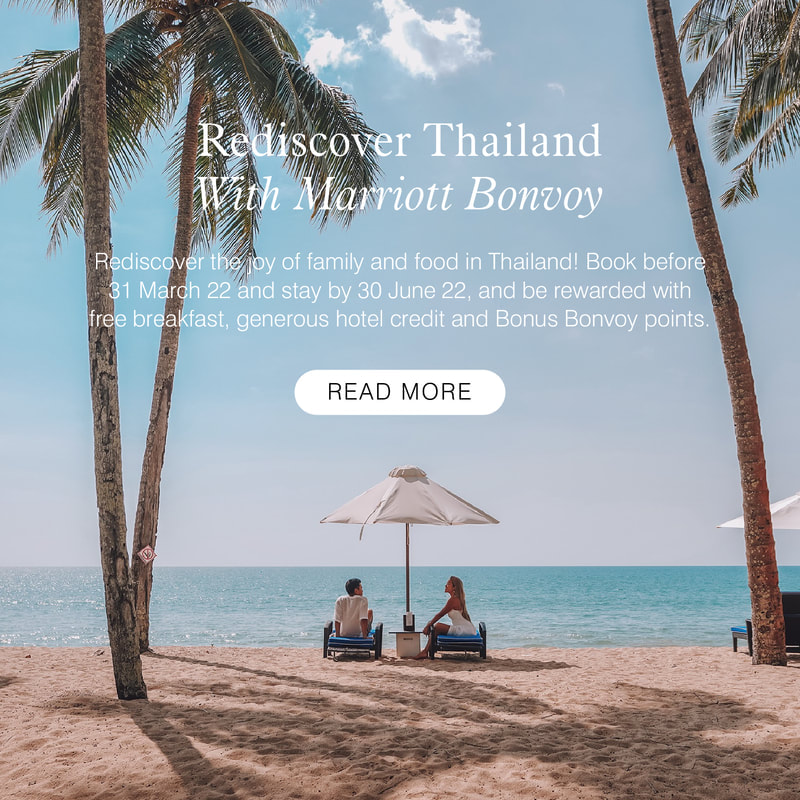In the time of uncertainty across the globe with the Coronavirus pandemic, misconceptions and false information can often take hold among consumers as many are practicing social distancing and major companies start issuing work-from-home policy.
More important now than ever, maintaining a healthy lifestyle while staying home and selecting information only from credible sources are crucial to our physical and mental well-being. In a way, it is how we can build up our immune system against this novel Coronavirus and stay sane.
A healthy lifestyle at home consists of good diet, sleep, and exercise. More people are making homecooked meals or ordering food online to avoid dining out. Authorities have confirmed that the contagion of the virus remains limited to human-to-human contact[1]. This does not however remove the need to always practise strict personal hygiene in food preparation. The World Health Organisation (WHO) encourages:
Good diet requires proper amount of protein. Apart from meat, alternative protein include tofu, cheese, mushrooms, beans, nuts, and fish. Seafood is believed to be the world’s future source of protein with a more sustainable production that leaves much lower carbon footprint[3]. Among food exporters in Thai market, Norway takes precedence in seafood; particularly Salmon and Fjord Trout which accounted for 87 per cent of THB 5.2 billion importing value in 2019.
More important now than ever, maintaining a healthy lifestyle while staying home and selecting information only from credible sources are crucial to our physical and mental well-being. In a way, it is how we can build up our immune system against this novel Coronavirus and stay sane.
A healthy lifestyle at home consists of good diet, sleep, and exercise. More people are making homecooked meals or ordering food online to avoid dining out. Authorities have confirmed that the contagion of the virus remains limited to human-to-human contact[1]. This does not however remove the need to always practise strict personal hygiene in food preparation. The World Health Organisation (WHO) encourages:
- The use of different chopping boards and knives for raw meat and cooked food
- Handwashing between handling raw meat and cooked food
- Not to eat sick animals and animals that have died of dieases
- Even in areas experiencing outbreaks, meat products can be safely consumed if these items are cooked thoroughly and properly handled during food preparation[2]
Good diet requires proper amount of protein. Apart from meat, alternative protein include tofu, cheese, mushrooms, beans, nuts, and fish. Seafood is believed to be the world’s future source of protein with a more sustainable production that leaves much lower carbon footprint[3]. Among food exporters in Thai market, Norway takes precedence in seafood; particularly Salmon and Fjord Trout which accounted for 87 per cent of THB 5.2 billion importing value in 2019.
The Norwegian Seafood Council (NSC) has also taken a stance to reassure their commitment in providing safe, sustainable, and nutritious food amid the Coronavirus outbreak. Norway is currently undertaking strict measures to limit the spread of the disease while also ensuring that the value chain supporting food production and delivery remains critical functions to society so everyone can have access to quality food. Norway exports 95 per cent of its seafood, and many countries, including Thailand, depend on Norwegian seafood to meet local demand.
Official health authorities urge a weekly intake of Salmon[4] as a source of high quality protein. Norwegian Salmon is documented as a safe and healthy food and can be consumed raw as sushi and sashimi, even without freezing. The farming of Norwegian Salmon follows strict regulations ensuring food safety. In accordance with EU law, Norway annually monitors the content of various pharmaceuticals and environmental toxins in farmed fish. Norwegian Salmon is exclusively fed on heat-treated dry feed, which does not contain any viable parasites[5]. It is not a carrier of the virus and consumers cannot get the Coronavirus from Salmon[6].
During this unsettling time, it is important to remain collected and rely on trustworthy sources of information before taking any action. It is understandable to be worrisome but do not fall into a panic mode. Eat well, sleep sound, and exercise regularly to keep your immune system up. If you have to resort to stocking up food for your household, select premium products at credible retail outlets with pre-packaging from a brand and a country-of-origin you can trust.
Official health authorities urge a weekly intake of Salmon[4] as a source of high quality protein. Norwegian Salmon is documented as a safe and healthy food and can be consumed raw as sushi and sashimi, even without freezing. The farming of Norwegian Salmon follows strict regulations ensuring food safety. In accordance with EU law, Norway annually monitors the content of various pharmaceuticals and environmental toxins in farmed fish. Norwegian Salmon is exclusively fed on heat-treated dry feed, which does not contain any viable parasites[5]. It is not a carrier of the virus and consumers cannot get the Coronavirus from Salmon[6].
During this unsettling time, it is important to remain collected and rely on trustworthy sources of information before taking any action. It is understandable to be worrisome but do not fall into a panic mode. Eat well, sleep sound, and exercise regularly to keep your immune system up. If you have to resort to stocking up food for your household, select premium products at credible retail outlets with pre-packaging from a brand and a country-of-origin you can trust.
[1] https://www.efsa.europa.eu/en/news/coronavirus-no-evidence-food-source-or-transmission-route
[2] https://www.who.int/emergencies/diseases/novel-coronavirus-2019/advice-for-public
[3] www.oceanpanel.org/future-food-sea
[4] https://www.hi.no/en/hi/temasider/seafood/monitoring-seafood
[5] https://www.mattilsynet.no/language/english/fish_and_aquaculture/farmed_atlantic_salmon_and_rainbow_trout_are_safe_for_sushi_and_sashimi.31976
[6] https://www.who.int/emergencies/diseases/novel-coronavirus-2019/advice-for-public
[2] https://www.who.int/emergencies/diseases/novel-coronavirus-2019/advice-for-public
[3] www.oceanpanel.org/future-food-sea
[4] https://www.hi.no/en/hi/temasider/seafood/monitoring-seafood
[5] https://www.mattilsynet.no/language/english/fish_and_aquaculture/farmed_atlantic_salmon_and_rainbow_trout_are_safe_for_sushi_and_sashimi.31976
[6] https://www.who.int/emergencies/diseases/novel-coronavirus-2019/advice-for-public





















